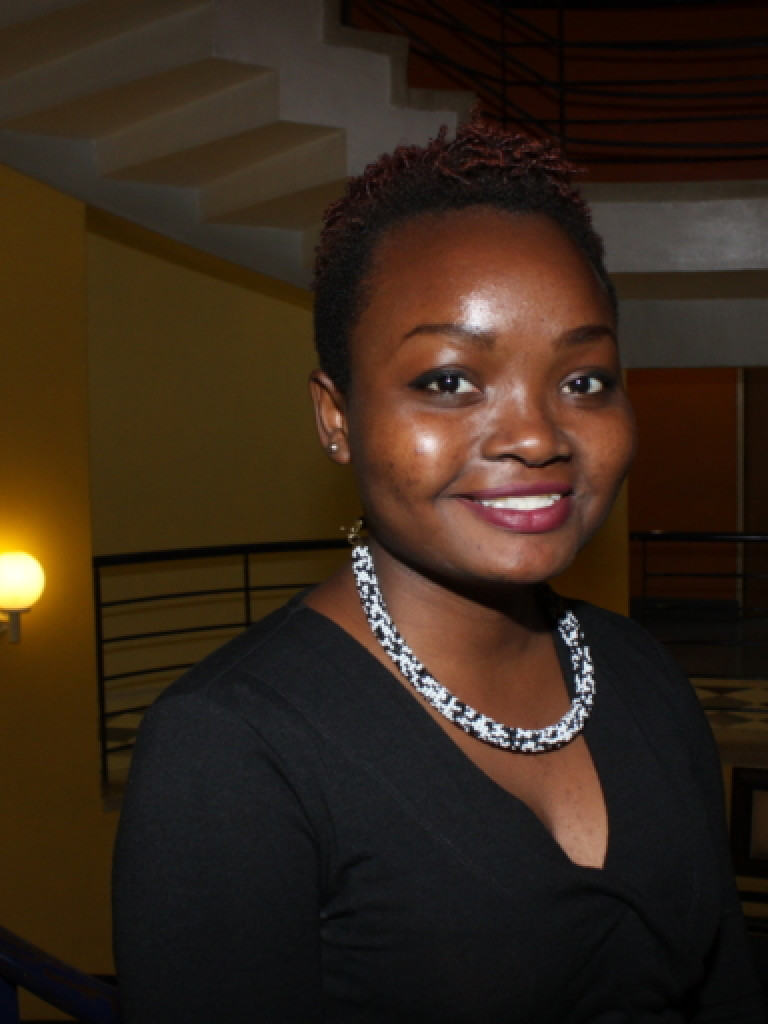
EUNICE KILONZO
- 2016
- Press Fellow
Eunice Kilonzo is a Kenyan health print journalist at Daily Nation newspaper where she writes on health concerns such as cancer, HIV/AIDS, health financing as well as health research among other issues. The 27-year-old graduate of the University of Nairobi hopes to change how people understand and get health information in Kenya. In this pursuit, she has taken a journalism course at the Rhodes University in South Africa and is currently doing a Masters in International Relations at the University of Nairobi. For her work in health journalism, she has been awarded five awards, two fellowships and notable mentions. She tweets @eunicekkilonzo and is available to discuss (and write) on health findings/research that would be of interest to Kenyans, East Africans and the continent. 1. Why did you choose to become a science journalist? I have always been fascinated by how the body works, like how the heart pumps blood, how babies develop in the womb and how drugs work as well as the impact of the environment on human development. This drew me into wanting to understand more on these not just for my writing as a science journalist but because of the innate desire to know. 2. What role do science and science communication play in your country? I feel not many people understand science because of the complex terms and processes involved however, people want to understand for instance, why are cancer cases on the rise? What causes them? It is this knowledge gap that science fills in. As a science communicator, I translate these difficult to understand concepts into simple phrases that convey the important message. 3. In your opinion, which are the walls that will have to fall in science and society within the next five years? I think scientists need to learn how to communicate, thus the wall of communication barrier has to come down. I have met scientists who have done amazing research on climate change for instance but even as they published their findings, no one picked it because they could not understand. Despite some of their findings offering solutions to issues of climate change and resilience. 4. What are the biggest threats/obstacles to good science journalism and how could we tackle them? I think the biggest issue is that some editors do not understand (or believe) in science phenomena such as climate change and this means they are less likely to allow some of these stories to be published. I believe editors need to know the importance of these stories and the impact they have on society, this can be done through training and fellowships for editors. Secondly, some media houses do not have the capacity (skills, resources) to support research on science stories and I think when organisations come together and pool resources and expertise in this regards would go a long way in ensuring that science stories get the visibility they deserve.